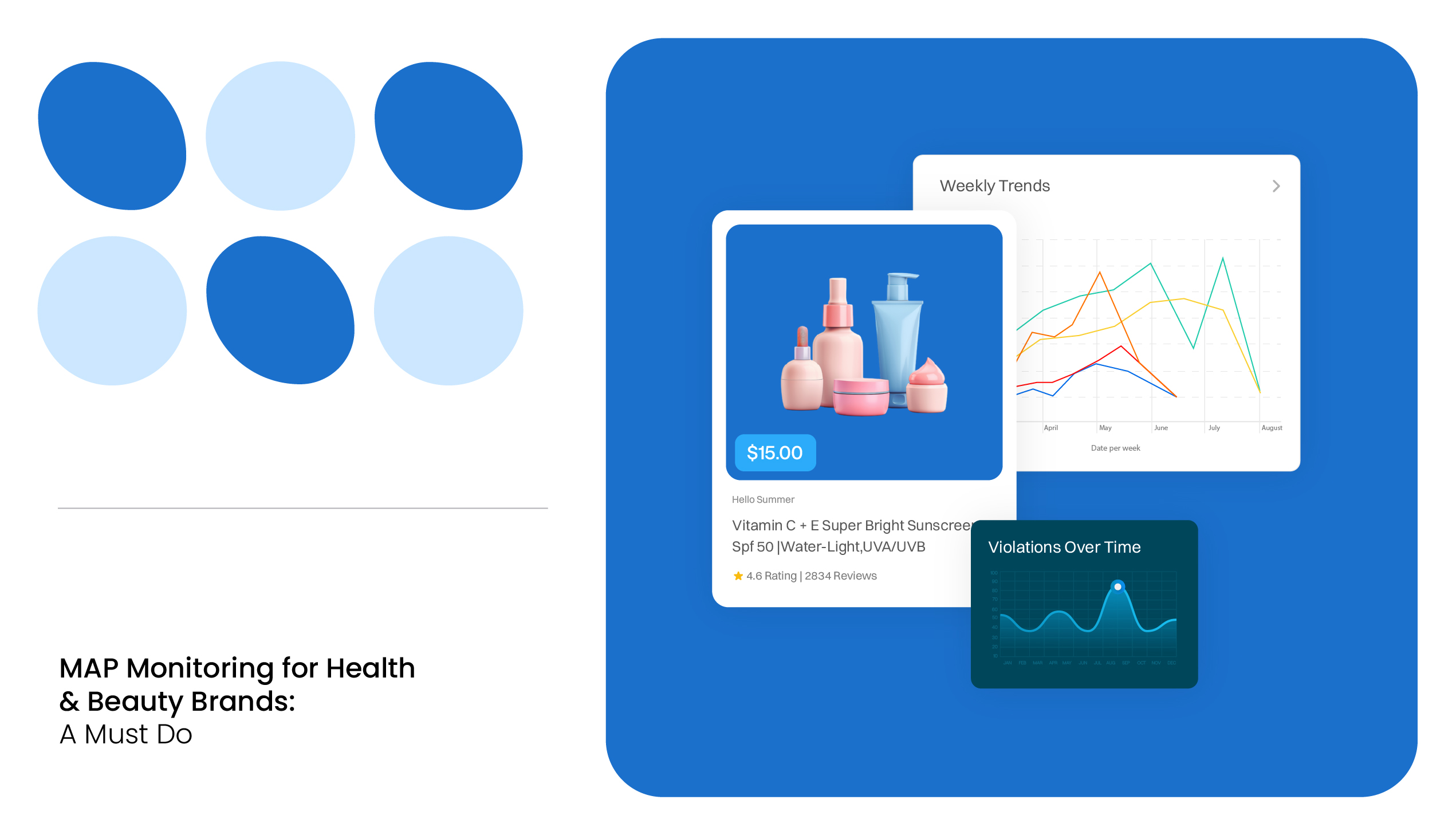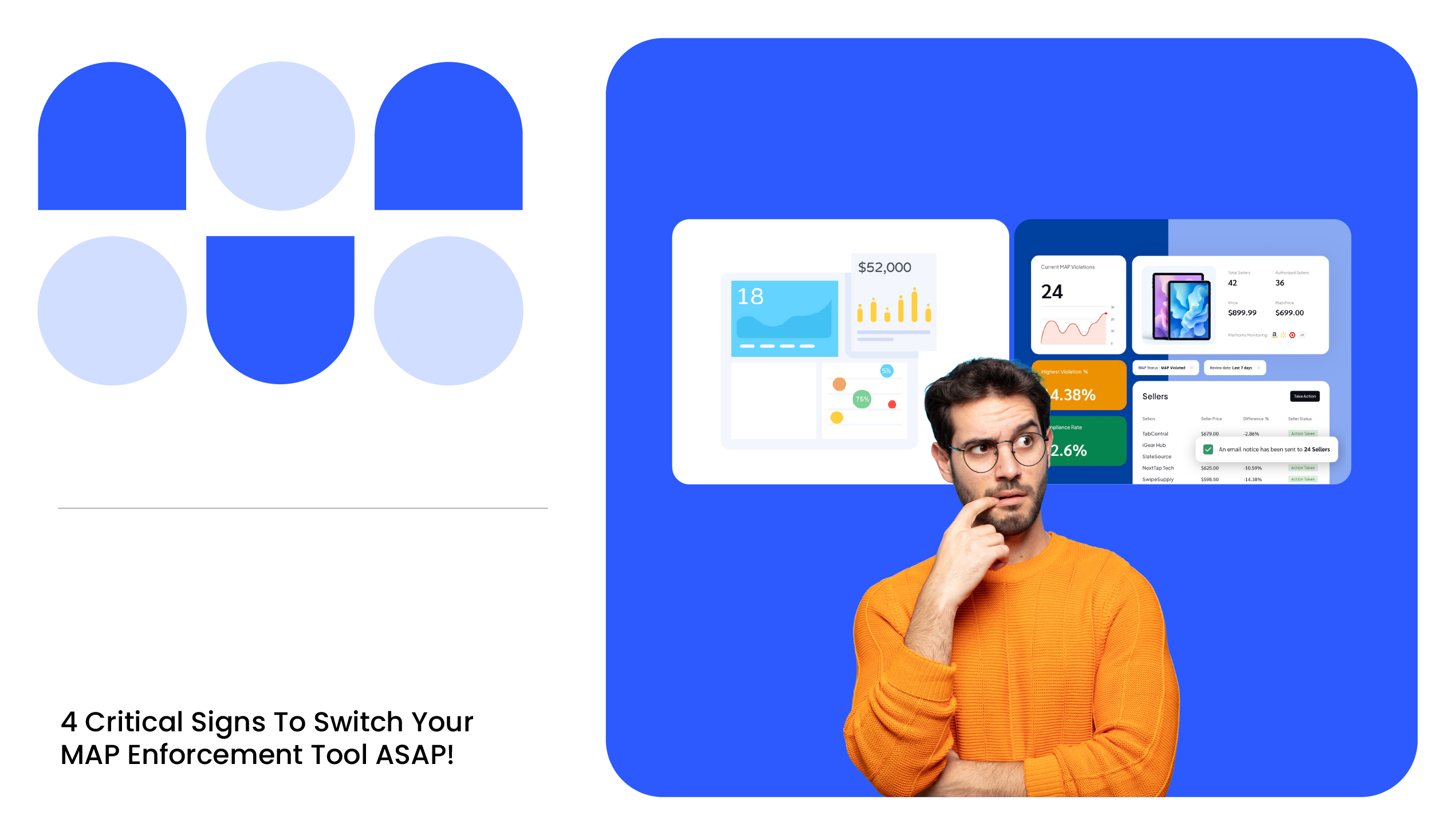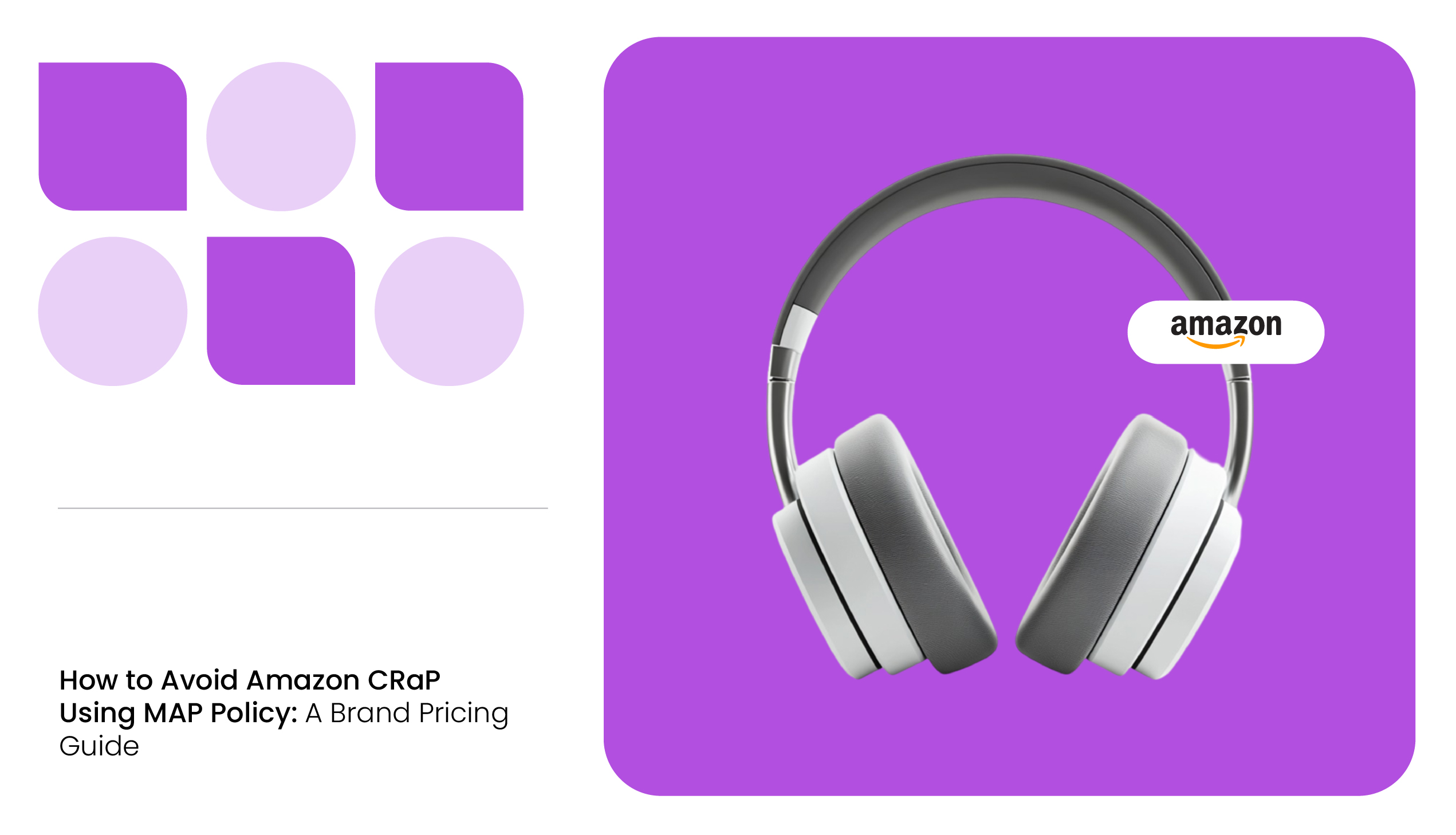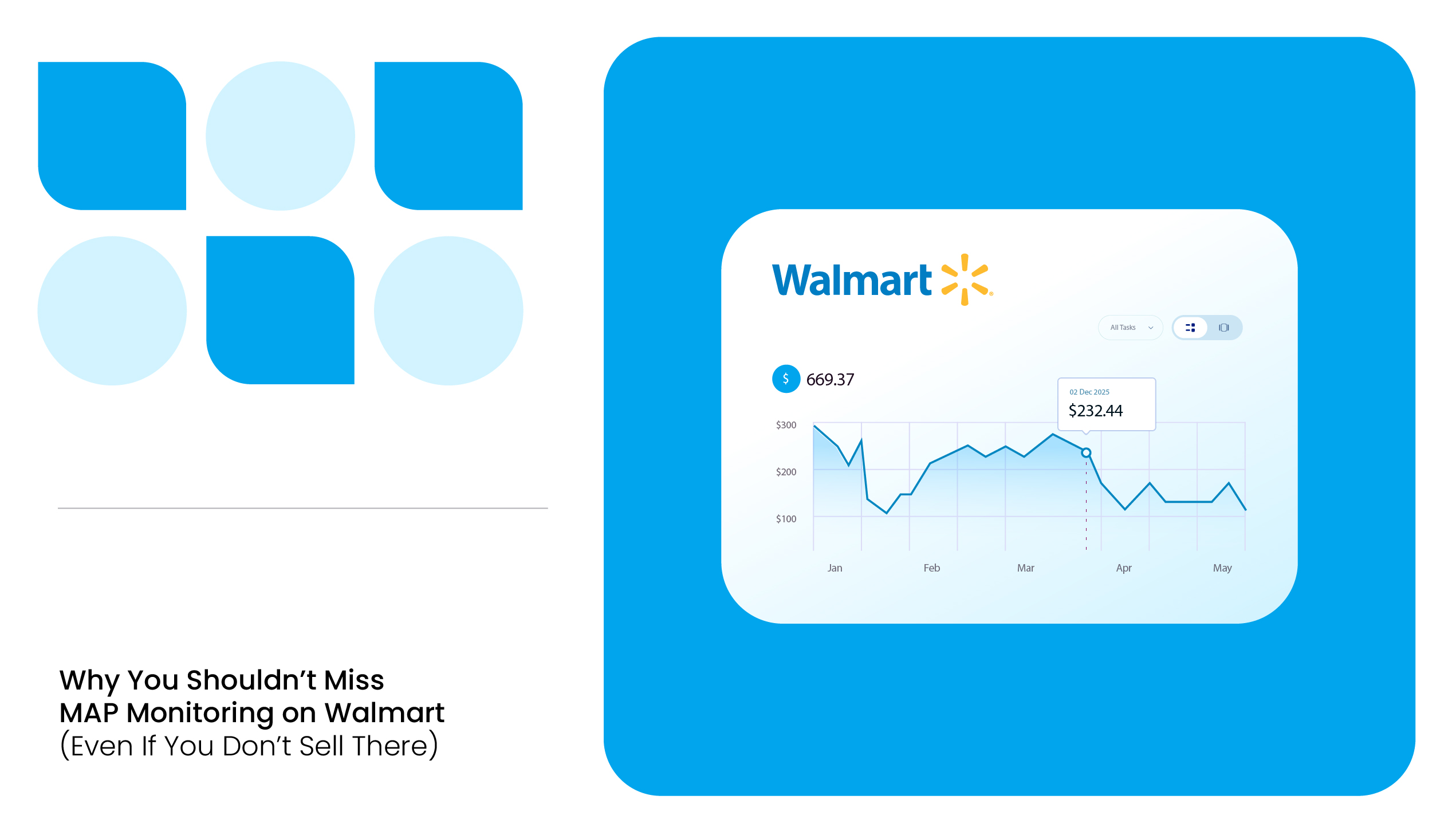MAP, or Minimum Advertised Price, is the lowest price a brand allows its products to be publicly promoted for. In the health and beauty industry, where perception and trust are everything, sticking to that number is essential to protect both revenue and reputation.
Because when even just one seller slashes prices below MAP, it signals lower quality, sparks price wars, and chips away the premium positioning you’ve worked years to build. And the recovery from it can take anywhere from weeks to quarters or even years.
In this article, we’ll explore:
- How MAP violations will impact your business
- How to find the best MAP monitoring software for health & beauty brands
- How you can effectively use a health & beauty MAP monitoring software, and more.
READ MORE | Choosing the Right MAP Price: Effective Steps & Strategies
The Cost of MAP Violations in the Health & Beauty Industry
MAP violations are not just an accounting issue. They are a slow leak that erodes brand value, market control, and customer trust. Here’s a closer look at the damages MAP violations can cause to your business.
Irrecoverable Damage to Brand Reputation
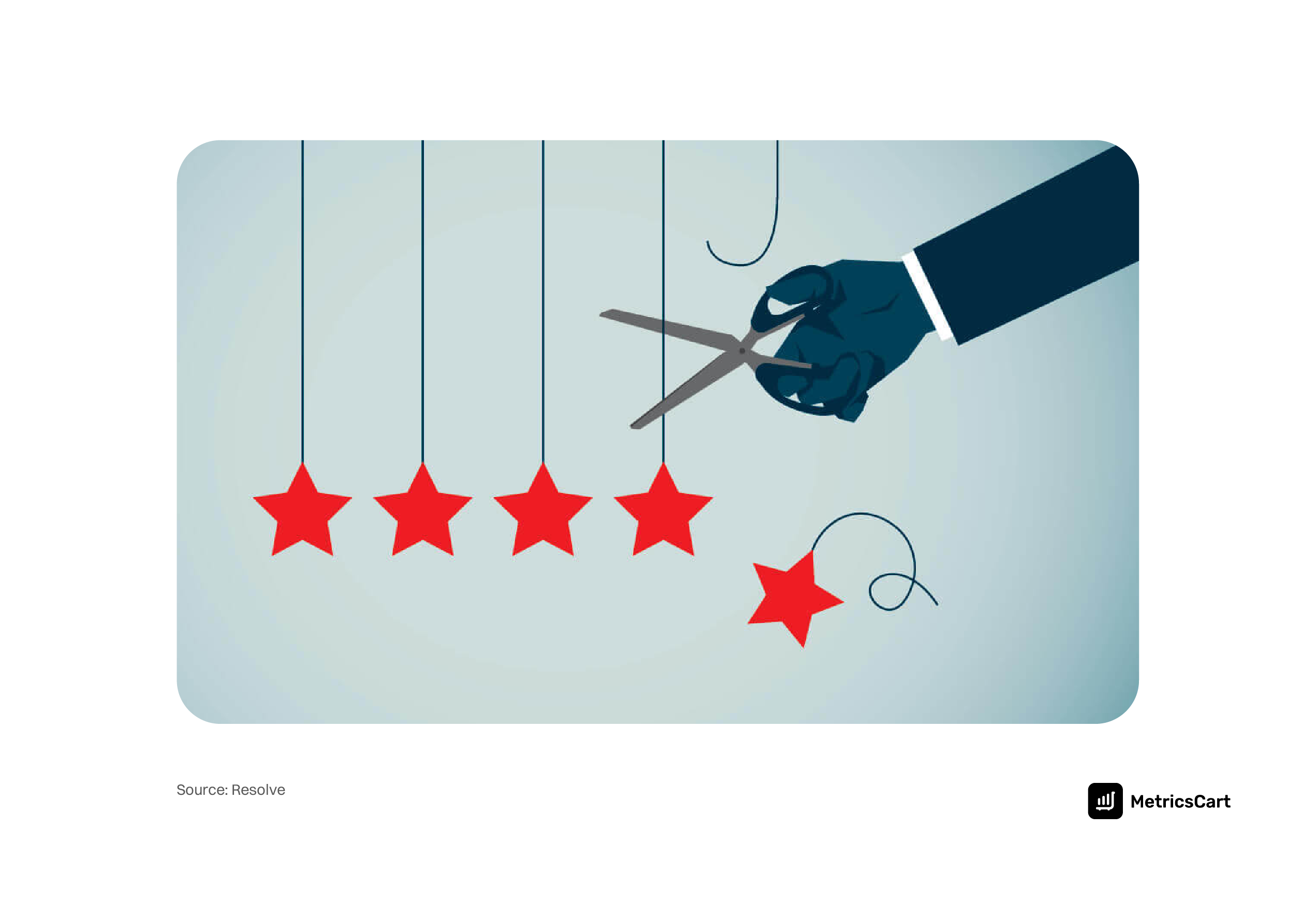
According to Salsify, 87% shoppers are willing to pay even more to purchase from brands they trust. And this customer trust comes from consistency; brands that follow through.
When a product that is positioned as premium suddenly appears online at a deep discount, it sends a signal that something is wrong. Consumers start assuming it is a counterfeit, expired, or part of a clearance run that undermines its desirability. The psychology of beauty purchases, where consistent and high prices are associated with product efficacy, makes the impact harder.
Brands will also have to face reputational risk that comes from retailer relationships. Authorized sellers invest in brand positioning, store displays, and promotional events. When they see the same products being undercut online, they may question the brand’s ability to protect its market integrity.
READ MORE | How to Protect Your Brand Online?
Revenue Lost and Shrinking Profit Margins
MAP violations cut straight into profitability. The moment a product is advertised below your agreed price, your profit per unit drops. Unlike other operational costs, you can’t “make it up on volume” because the discount is eating directly into your margin.
In beauty and personal care, margins are often carefully structured around MSRP or MAP levels to account for high manufacturing costs, marketing spend, and retailer commissions. Drop below that threshold, and the math changes fast.
For example, if your face serum sells at $60 with a $20 margin, a $10 unauthorized discount wipes out 50% of your profit on every unit sold. This is compounded by the increased marketing spend needed to counteract the loss in perceived value, which further eats into your profitability.
The Domino Effect of Price Erosion
MAP violations rarely stay isolated. Once one seller lists a product below the agreed minimum price, other sellers quickly notice and adjust their prices to match or beat it. Some even use automated repricing tools to adjust the pricing as and when it happens. This starts a chain reaction where the product’s price drops across multiple listings and platforms.
Authorized retailers, who usually respect MAP, will also feel pressured to lower their prices to remain competitive. This cycle reduces profit margins for everyone involved and weakens the product’s premium positioning in the market.
READ MORE | Overcoming Price Erosion: Strategies for Brands on Online Marketplaces
Finding the Best MAP Monitoring Software for Health & Beauty Brands

Manually doing MAP monitoring is not practical, especially when you sell thousands of SKUs across multiple platforms. This is why you should invest in a MAP monitoring software for health & beauty brands.
They continuously scan online marketplaces, retailer sites, and distributor portals for your products. It compares each listed price to your MAP and alerts you when a violation occurs.
Multi-Platform and Global Seller Coverage
Your products are not just on one site. They might appear on Amazon, Walmart, specialty beauty retailers like Sephora, Ulta Beauty, or Amazon Beauty, and international marketplaces. A strong MAP tool should cover all major platforms where your products are sold and identify both domestic and overseas sellers. This ensures violations are caught no matter where they originate.
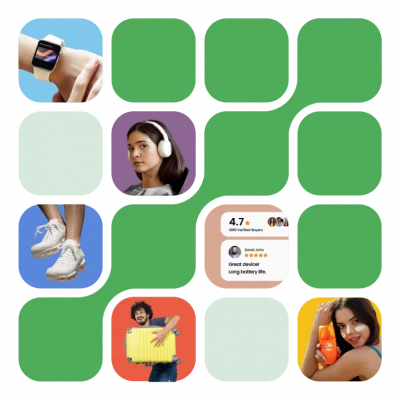
Customizable Dashboards and Compliance Metrics
Health and beauty brands often manage multiple SKUs, seasonal collections, and exclusive launches. An MAP monitoring software with a customizable dashboard allows you to filter by product line, retailer, or region, and track violation trends over time. Look for tools that display metrics such as the frequency of violations, average discount percentage, and repeat offender rates.
Seamless Integration with Enforcement Workflows
Catching a violation is only half the battle. Your software should make it easy to act. This could include generating automated violation notices, integrating with legal or compliance teams, and keeping a record of communication with sellers. The smoother the process from detection to MAP enforcement, the faster you can protect your pricing integrity.
Final Note
Many software tools today do MAP monitoring for beauty brands. But, considering features like global coverage and seamless integration, MetricsCart stands out as the prime option.
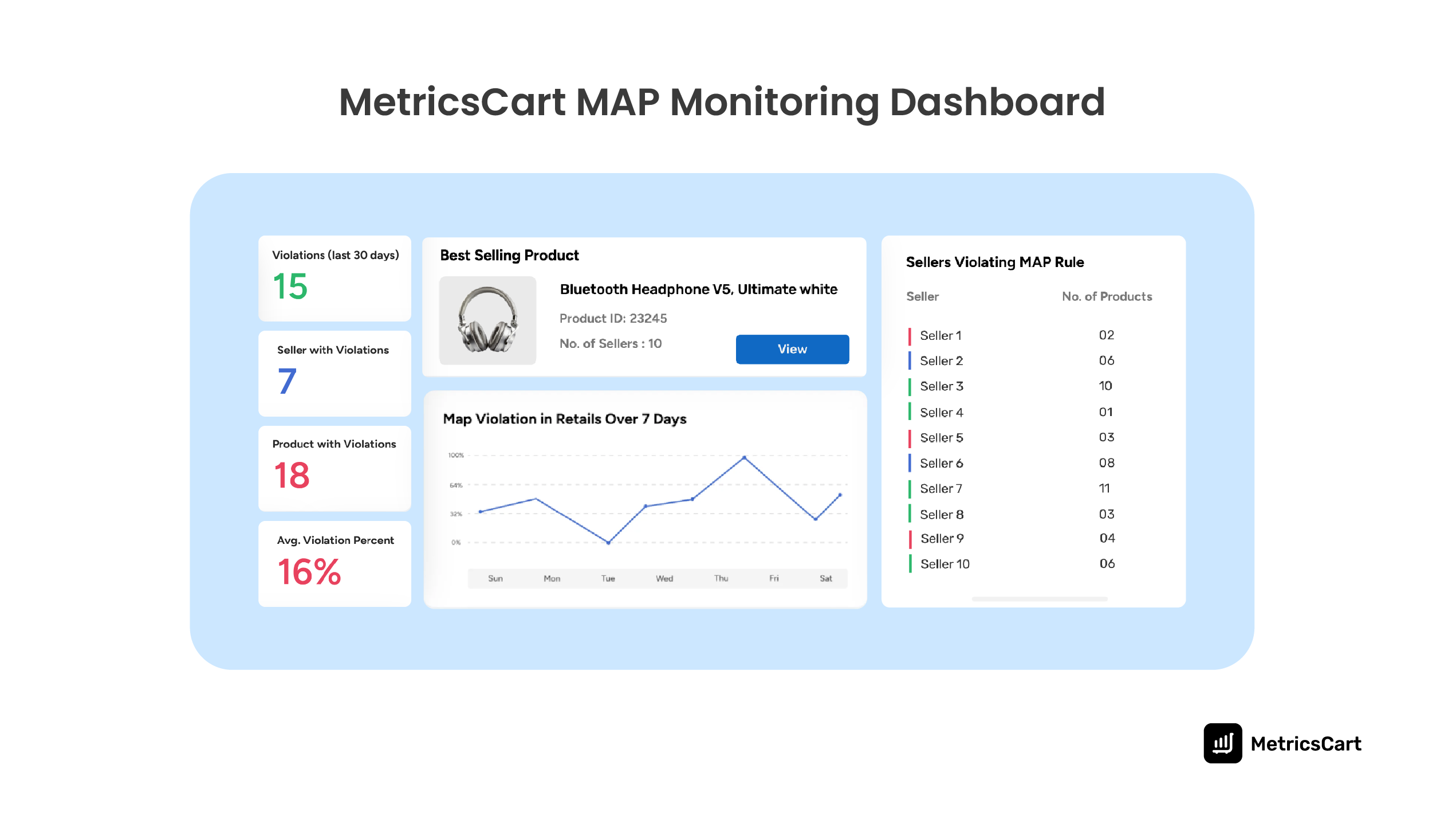
In fact, one of the most popular premium skincare brands saw a drop of MAP violations by 71% in just 60 days by adopting MetricsCart MAP monitoring for health and beauty. The software enabled them to:
- Catch violations the moment they happen across all major platforms they sell on.
- Instantly spot unauthorized sellers and trace pricing patterns that threaten the brand’s value.
- View clear compliance reports tailored to their product lines and retail partners.
- Automatically share violation evidence with the legal and compliance team, ensuring faster action.
- Strengthen partnerships by providing authorised sellers with transparent compliance data.
Key results over 60 days:
| Metric | Before MetricsCart | After Implementation |
| Violation Rate | 32% | 9% |
| Time to Resolution | 36 hours | Under 8 hours |
| Repeat Offenders (90 days) | 10 sellers | Only a few flagged |
| Weekly Margin Loss | ~$4,000 | Under $1,000 |
READ MORE | 7 Reasons Why MetricsCart Is the Best for MAP Monitoring & Enforcement: A Brand’s Perspective
Health and beauty brands thrive on trust, consistency, and premium positioning. MAP monitoring safeguards all three by stopping violations before they spiral into lost revenue, damaged relationships, and long-term erosion of brand value.
So when maintaining your premium image and profitability is non-negotiable, MAP monitoring with MetricsCart is the place to start.
Start Monitoring Your MAP Compliance with MetricsCart Today.
FAQs
MAP monitoring is the process of tracking online listings of your products to ensure every seller follows your Minimum Advertised Price (MAP) policy. It helps prevent unauthorized discounts that can harm brand value, customer trust, and profitability.
Manual monitoring is nearly impossible when you’re selling across Amazon, Walmart.com, specialty retailers, and global marketplaces. Automated MAP monitoring software, like MetricsCart, continuously scans thousands of SKUs and alerts you instantly when violations occur.
Yes, but it’s rarely effective. Manual monitoring is time-consuming and often leads to missed violations, especially if you’re selling across multiple platforms. MAP monitoring software solves this by automatically scanning thousands of SKUs daily, flagging violations in real time, and enabling quick enforcement to protect your brand image and retailer relationships.
The cost of MAP monitoring software varies depending on the scale of your catalog and global coverage needs. Some providers charge per SKU, while others offer subscription pricing. For high-volume brands, automated MAP monitoring is far more cost-effective than manual enforcement.
Yes. A good MAP monitoring solution, such as MetricsCart, helps you identify unauthorized sellers, track their pricing behavior, and take enforcement action to protect your brand’s distribution network.

